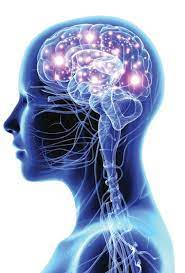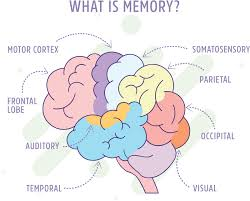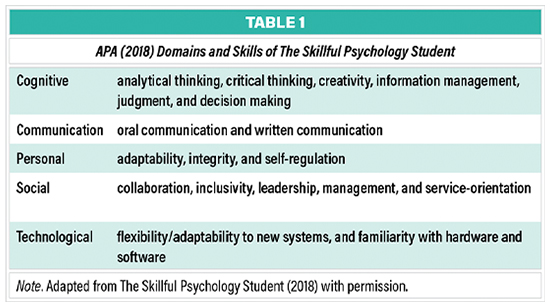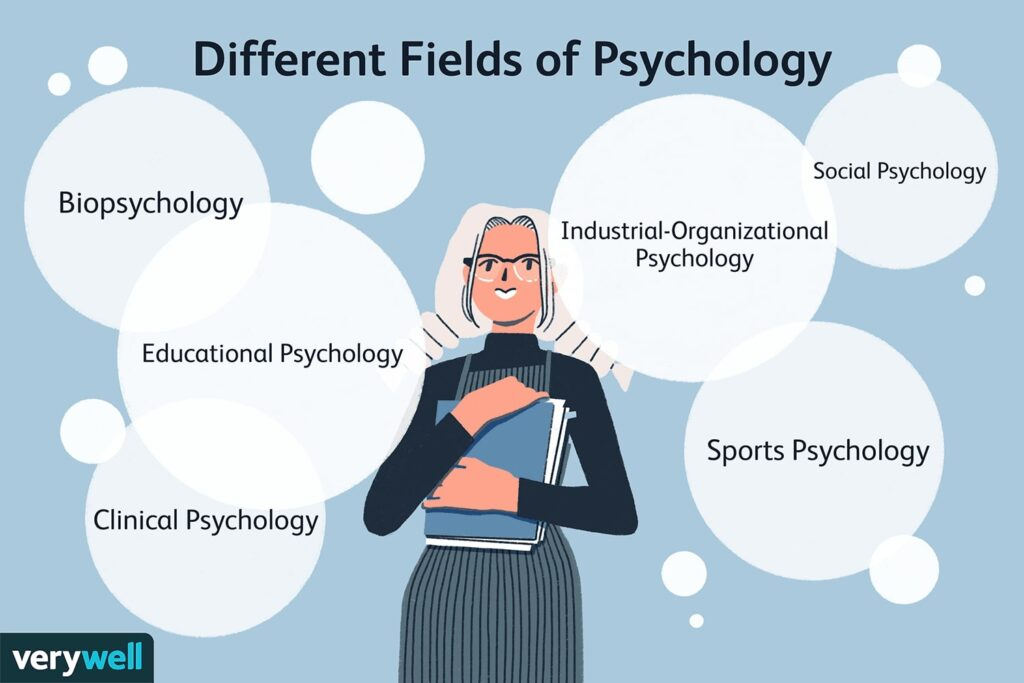
GCSE Psychology is a subject that explores why people think, feel and behave the way they do, and how this knowledge is applied in everyday life.
GCSE Psychology explores the science of mind and behaviour. Through AQA’s specification, pupils will investigate key psychological theories, research methods, and applications to real-life contexts. Topics include memory, perception, development, mental health, and social influence. Psychology GCSE includes lots of new and technical words, so pupils will need to be comfortable with practising and remembering quite a bit of detailed information as they go.
Psychology draws on key skills from science, English, and maths—pupils will need a good understanding of scientific methods, the ability to write clearly and analytically, and confidence with data and statistics to succeed in the course. If you are considering Psychology at A Level, there is no expectation to have a GCSE in the subject to do this.
- Pupils will learn…
Paper 1: Cognition and Behaviour
- • Memory – how memory works and why we forget.
- • Perception – how we see and interpret the world.
- • Development – how thinking and behaviour change as we grow.
- • Research Methods – how psychologists design experiments and gather data.

Paper 2: Social Context and Behaviour
- • Social Influence – why people conform, obey, or resist pressure.
- • Language, Thought and Communication – how humans use and understand language.
- • Brain and Neuropsychology – how the brain and nervous system link to behaviour.
- • Psychological Problems – understanding and explaining conditions such as depression and addiction.
- All assessment is through written exams, there is no coursework.
Two exam papers, each 1 hour 45 minutes. Each paper is worth 50% of the final grade.
Paper 1: Cognition and Behaviour
• Topics: Memory, Perception, Development, Research Methods
Paper 2: Social Context and Behaviour
- • Topics: Social Influence, Language/Thought, Brain/Neuropsychology, Mental Health
Skills used in Psychology:

- • Concise written communication skills, including the confident and correct use of subject-specific specialist
- terminology
- • The ability to apply psychological concepts, theories and research findings to novel situations
- • Evaluation and analytical skills including those relating to research, such as validity, reliability, and
- generalisability
- • Quantitative and qualitative data analysis
- • Discursive and debating skills in relation to philosophical arguments within Psychology

Future careers and further education:
GCSE Psychology builds valuable skills that prepare pupils for further study and a wide range of careers.
- • Further study – supports A-levels in Psychology (this is not a required GCSE for studying at ALevel however), Sociology, Biology, Health & Social Care and other social sciences.
- • Careers – useful for future paths in health, education, law, business, social work, marketing, counselling, and any role that involves working with people.
- • Transferable skills – develops analysis, communication, problem-solving and data handling, which are highly valued by employers and universities.
Extra-curricular - Outside speakers are invited to come to lessons to speak to the pupils about their area of expertise where appropriate
Careers Guidance and Support for Psychology:
https://www.prospects.ac.uk/careers-advice/what-can-i-do-with-my-degree/psychology








